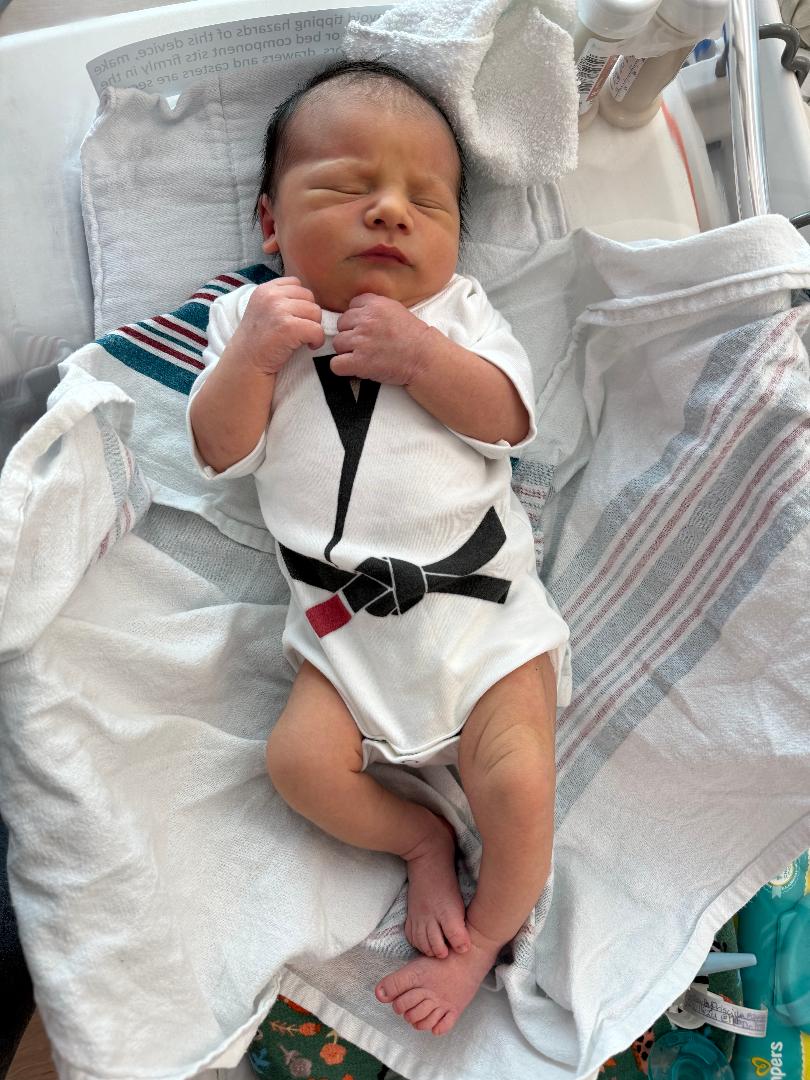As parents, we all want to give our kids the best tools to succeed in life. But here’s a question for you: what if the key to their future success isn’t in books, apps, or gadgets? What if it’s on the mats?
Martial arts isn’t just about learning to kick and punch—it’s about building a strong foundation for life. Here’s why martial arts is one of the best investments you can make for your child’s future.
1. Life Skills That Last Forever
Martial arts is more than just a sport; it’s a way to teach life skills your child will carry into adulthood:
- Discipline: Showing up, putting in the work, and staying committed to a goal are lessons every child learns in martial arts.
- Resilience: When kids fall (literally and figuratively), they learn how to get back up, try again, and keep improving.
- Focus: Martial arts teaches children how to stay present and pay attention—skills that help in school, at home, and throughout their lives.
2. Building Emotional Strength and Confidence
Confidence isn’t something we’re born with—it’s something we build. In martial arts, kids achieve milestones like earning a new belt, and these accomplishments help them feel capable and strong.
Martial arts also teaches kids how to stay calm under pressure, whether it’s during a sparring match, a school presentation, or a tough moment in life.
3. Developing Social Skills and Leadership
Martial arts classes are a community, not just a place to train. Kids learn to work with peers of all ages and skill levels, which builds respect, teamwork, and communication skills.
As they grow, they also have the chance to lead by example, helping younger or less experienced students—a valuable leadership skill for life.
4. A Healthy Outlet for Energy and Stress
Let’s face it: kids have a lot of energy. Martial arts is a fun way for them to stay active, improve their fitness, and learn healthy habits.
It’s also a fantastic way to manage stress. By focusing on their training, kids learn to channel their energy into something positive and leave class feeling more balanced.
5. Preparing for Life’s Real Challenges
Martial arts gives kids the tools to handle life’s ups and downs with confidence. Whether it’s learning how to stay safe, dealing with conflict, or facing challenges head-on, these lessons apply far beyond the dojo.
Kids in martial arts grow into resilient, confident, and prepared individuals who know how to solve problems and persevere.
It’s Time to Invest in Your Child’s Future
Martial arts isn’t just a class or an activity—it’s a foundation for success in every part of life. If you’re ready to see the difference it can make for your child, we’d love to welcome them to our dojo.
Come try a free class at Dojo Kyle and discover how martial arts can shape your child’s future for the better.
P.S. The baby black belt is just for this post- we don’t start the kids out until age 4-5 depending on maturity!




